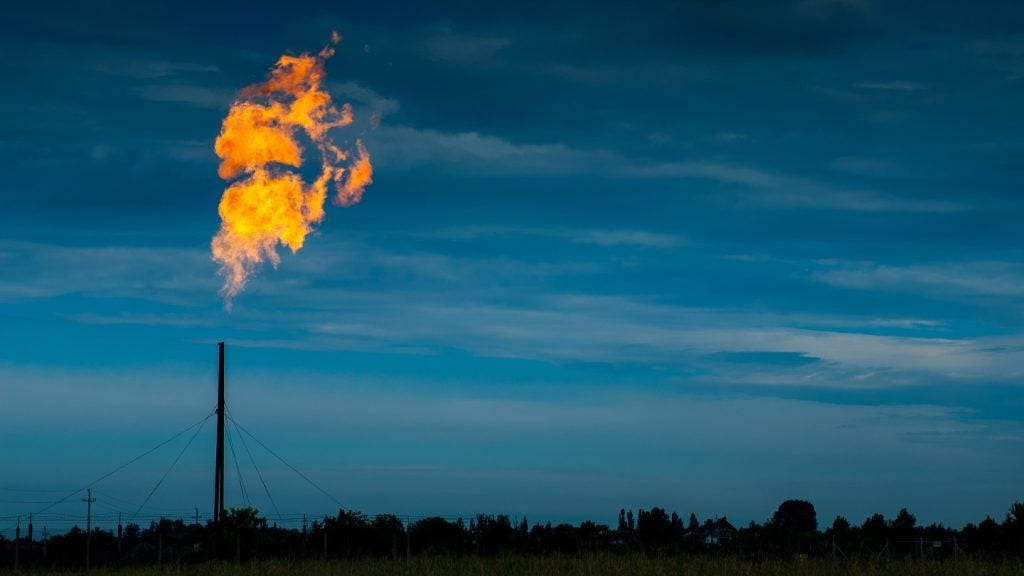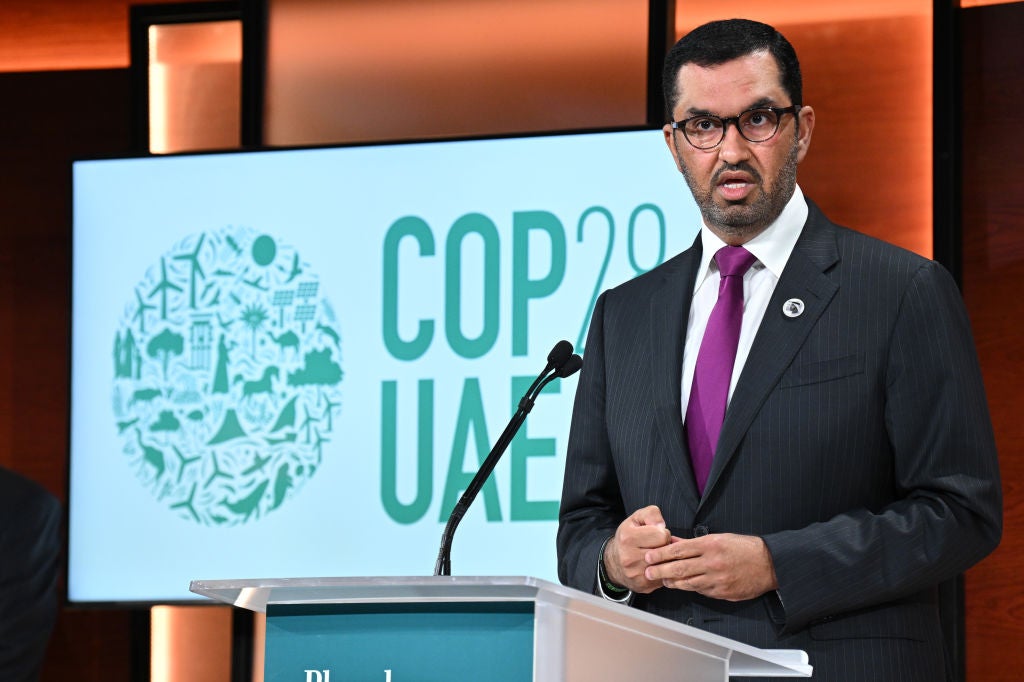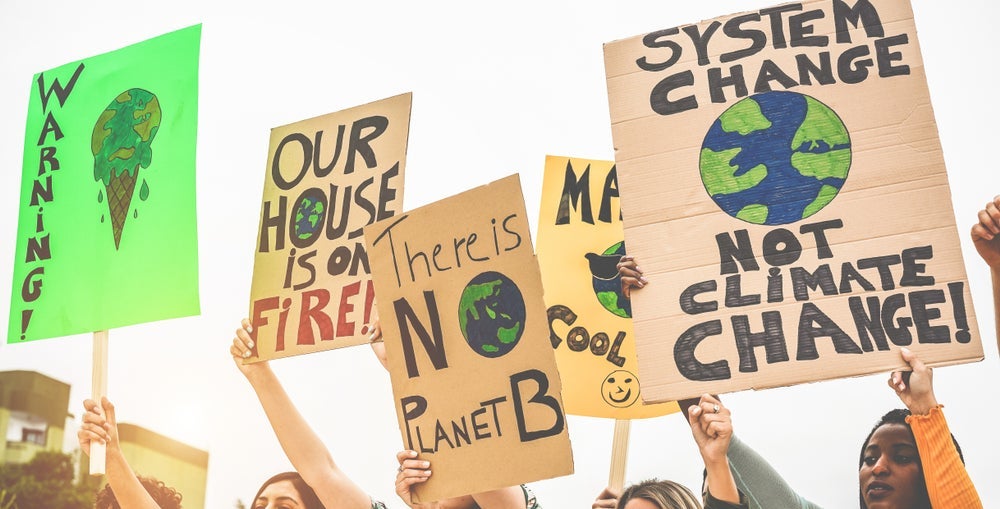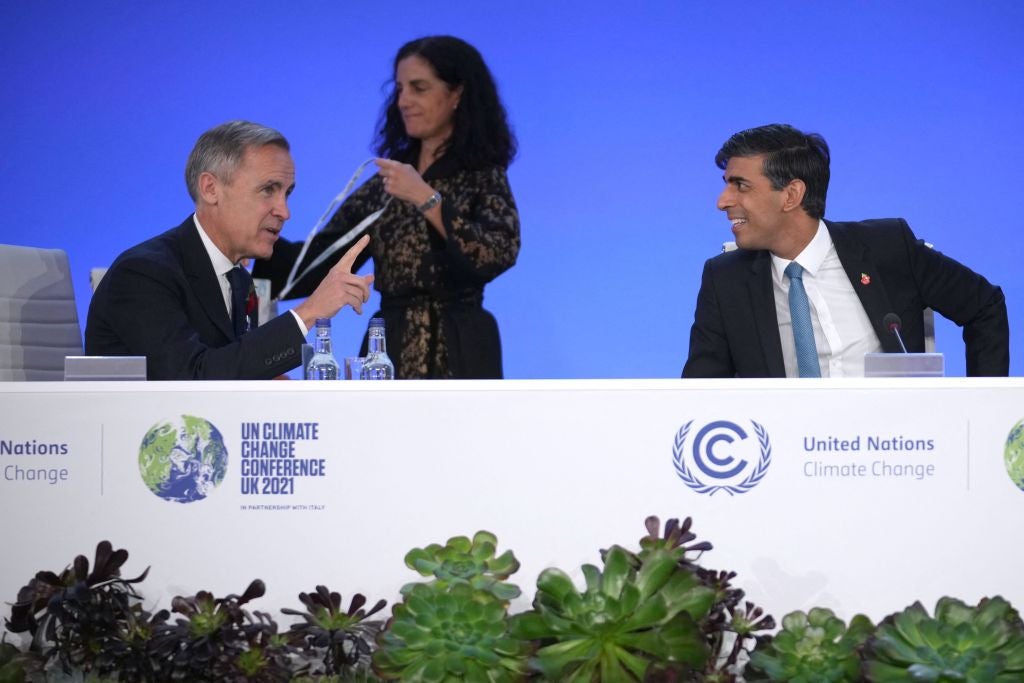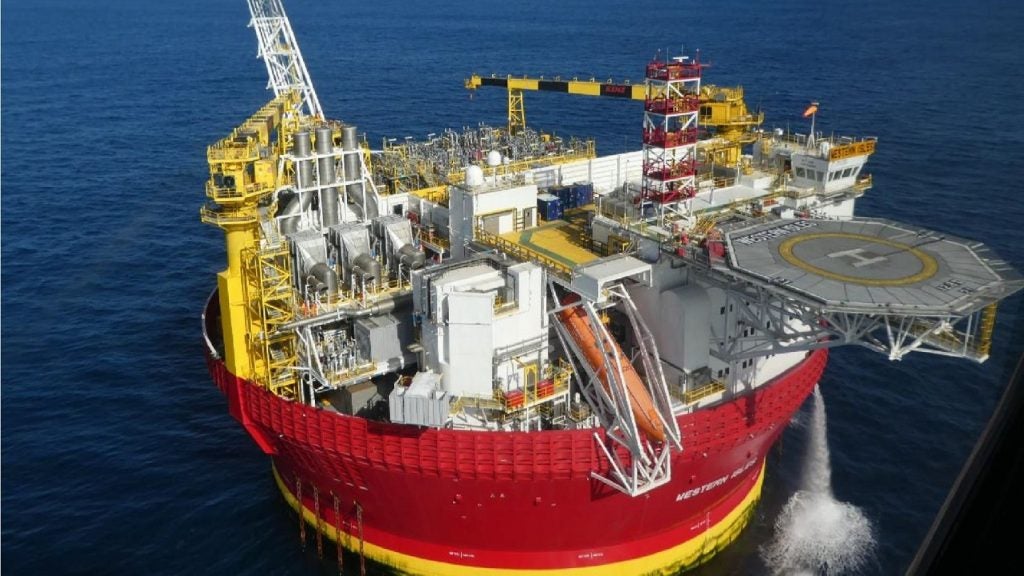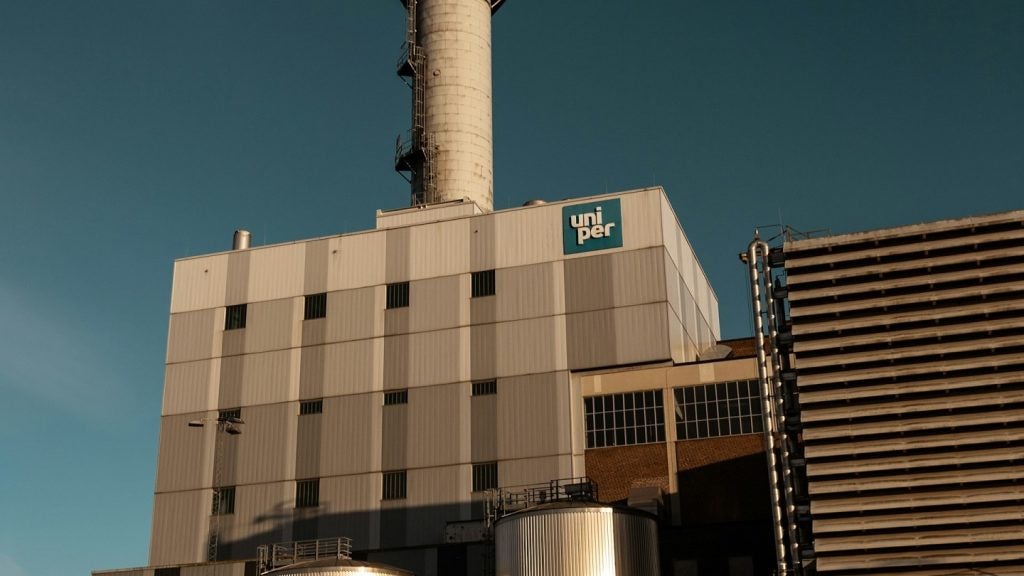Canadian government is set to announce new rules and funding around methane, reported The Globe and Mail.
The new rules will be a crucial part of Ottawa’s COP28 climate plan.
About 200 countries will gather in Dubai from 30 November to 12 December 2023 for the COP28 meeting, which will explore more forceful action against climate change.
As part of its strategy, Canada intends to minimise methane emissions by 40–45% below 2005 levels, by 2030.
It intends to accomplish this by reducing emissions from the oil and gas sector by 75%.
Speaking on methane regulations, Canada’s Minister of Environment and Climate Change Steven Guilbeault said: “They are very close to being ready. I would be shocked if by the time I come back from COP, we have not announced them.”
According to experts, industry groups, and environmentalists, there are two criteria that will determine whether Canada meets these targets – whether the rules are comprehensive and practical, and if funds are allocated for the collecting of precise data.
Carleton University Energy and Emissions Research Lab head Matthew Johnson said methane has been responsible for between 20% and 30% of global warming to date.
While methane is significantly more powerful than carbon dioxide, its atmospheric lifetime is only nine years, whereas that of carbon dioxide is hundreds or thousands of years.
According to Johnson, this implies that if methane emissions are reduced by 30% by 2030, the impacts will be felt right away and global warming will be reduced by half a degree by the end of the century.
“This is an unbelievably powerful, big lever we can pull,” he added. “There is nothing else we can do that will get us the same bang for our buck.”
The oil and gas industry is the focus of Canada’s methane strategy.
Annually, it is said to emit 1.5 million metric tonnes of methane, which is 40% of total emissions.
The remainder comes from agriculture and landfills.
Under the new laws, the oil and gas sector is expected to be required to modernise its infrastructure to stop methane from leaking through pipes and valves.
Additionally, the proposed regulations could outlaw or restrict flaring, which is the practice of burning methane byproduct at the wellhead.
The federal government did not reply to the publication's requests for an interview about methane emissions in particular.
Recently, European Union lawmakers called for a global deal at the COP28 summit to phase out fossil fuels.


